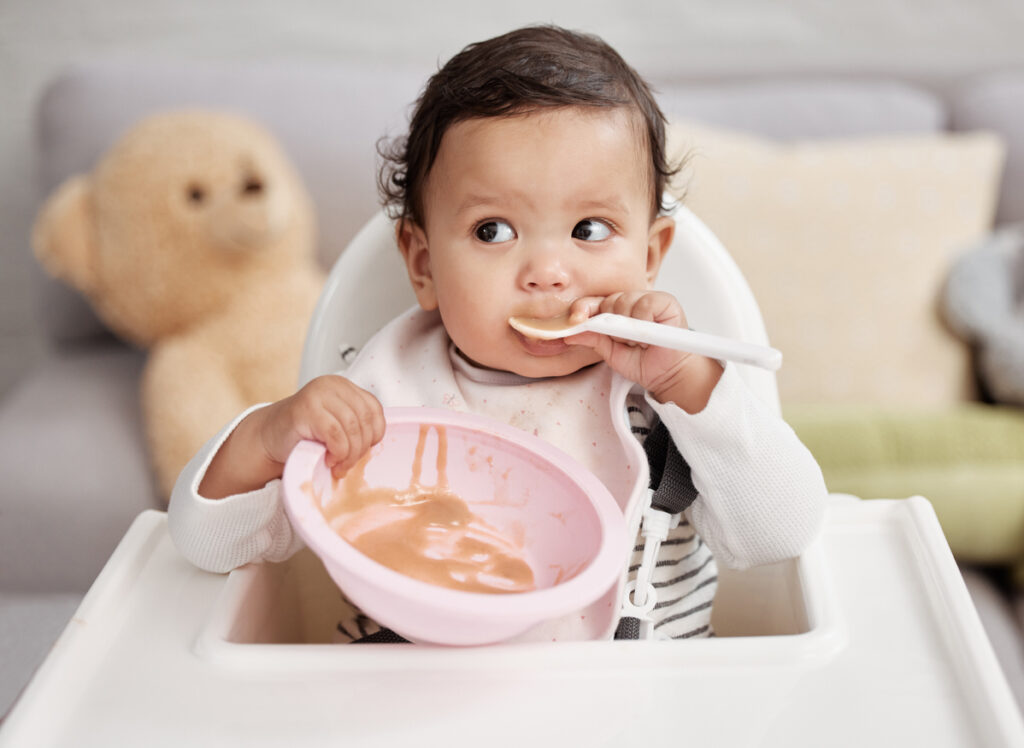Introducing your little one to solid foods is indeed one of the most exciting moments in your baby's first year. However, it is a milestone that you should not rush into. Your baby will show signs when they are ready! While you are eager to get your baby on a new diet, know these common mistakes that other parents make when they first introduce solids to their child so you can learn from them!
1. Starting solids too soon
Some parents believe starting solids will allow their baby to sleep better at night so they add cereal to the bottle or initiate mealtime. However, your baby should not be introduced to solid foods before the six-month mark and you should always consult your baby's doctor first before your baby embark on this new journey. Starting solids too soon may bring about many health issues due to your baby's immune system not being ready to process the food.
2. Giving bland food
You may think that bland food is better for your baby's little tummy. This is true in the early stages of eating solids. As your child grows, exposing your little one to a wide variety of flavours may encourage them to eat all kinds of foods. Hence, whip up some flavourful and textured foods for your baby to try.
3. Forgetting important nutrients
The first two years of life are vital for body and brain growth. Nutrients like iron, zinc, and omega-3 fatty acids like DHA and vitamin D are important for this process. For example, skipping iron-rich foods or failing to provide enough fat in your baby's diet may compromise their growth and development. Thus, ensure all the food groups and nutrients are presented.
4. Overfeeding
One of the most common mistakes parents make is ignoring the baby's signs of satisfaction when eating. If your baby shows general disinterest in food, turns away or shakes their head 'no', then it's a good sign that they are full. Don't encourage your baby to keep eating and finish their meal as it may hinder their natural ability to self-regulate eating and may lead to overeating problems.
5. Feeding baby separately from family
Separating your baby from family meals may seem efficient, but know that your baby learns from watching other people eat. Feeding your baby at different times and in a different place prevents them from this learning experience. Therefore, pull up the high chair to the table at mealtimes as soon and as much as possible.
















